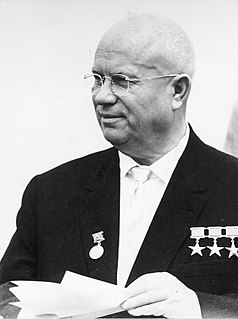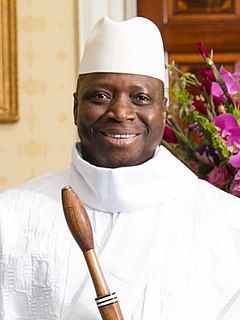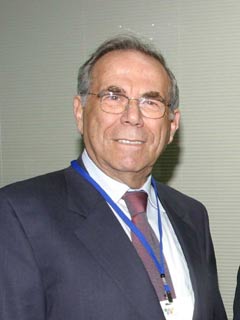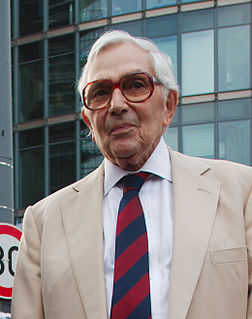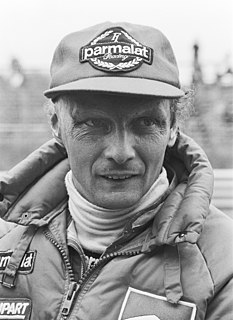A Quote by Henry Rollins
My first visit to West Berlin was in February 1983. The drive through East Berlin, the fact that West Berlin was surrounded by a wall that was more than 100 miles long - the absurdity and intensity of it really knocked me out.
Related Quotes
In 1995, I went to Berlin to acting school, which was in East Berlin. And I decided to live in the east, because I thought if I go to West Berlin, I might as well stay in Stuttgart in the West because I know all the signs, and the way we deal with each other, and I wanted to get to know the other part of Germany and how they lived and what their history was and their biography. In that period of time, I learned a lot, and it helped me a lot.
It is advertising that enthrones the customer as king. This infuriates the socialist...[it is] the crossing of the boundary between West Berlin and East Berlin. It is Checkpoint Charlie, or rather Checkpoint Douglas, the transition from the world of choice and freedom to the world of drab, standard uniformity.
Berlin is still a very edgy place, a very cosmopolitan place. It's a place where completely different ideas and cultures come together and clash in a very warm way. In a very warm-hearted way. It's a very young city. It's a vibrant city. It's an exciting city. It's a city that's also scarred by history. I think that's to be celebrated and graffiti is to be celebrated. Graffiti in Berlin is very different than when they spray something on the wall dividing the west bank and Israel. And should be treated as such in Berlin.
Sometimes, because of its immediacy, television produces a kind of electronic parable. Berlin, for instance, on the day the Wall was opened. Rostropovich was playing his cello by the Wall that no longer cast a shadow, and a million East Berliners were thronging to the West to shop with an allowance given them by West German banks! At that moment the whole world saw how materialism had lost its awesome historic power and become a shopping list.






